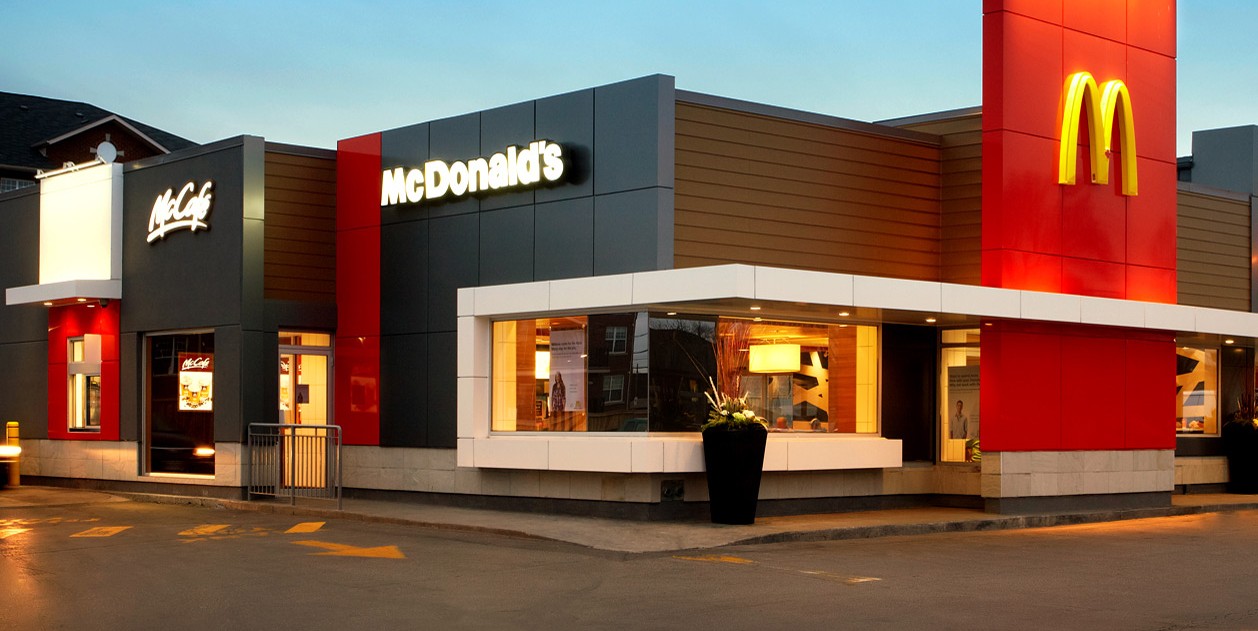McDonalds Will Be First to Serve Sustainable Canadian Beef

In a major nod to the quality of Canadian beef, McDonald’s Canada announced today that it will be the first company in Canada to serve Canadian beef from certified sustainable farms and ranches, beginning with its Angus line-up
This means that for the first time ever, McDonald’s 3 million daily guests will soon be able to enjoy Angus beef sourced from farms and ranches certified sustainable according to world-class standards set by the Canadian Roundtable for Sustainable Beef (CRSB). More specifically, over the next 12-months, more than 20-million Angus burgers will be sourced according to the CRSB standards.
People will also soon see a new Canadian Roundtable for Sustainable Beef (CRSB) certification logo alongside McDonald’s Mighty Angus® line-up on the menu.
“Sustainability is good business”
“This is a big step in our beef journey – not just for McDonald’s Canada and the Canadian beef industry, but around the world,” said John E. Betts, President and CEO, McDonald’s Canada. “Without the support from the industry and the incredible work Canadian ranchers do every day, beef sustainability in Canada would not be possible. This partnership, combined with McDonald’s scale, is creating change and encouraging responsible beef production for years to come that will benefit all Canadians.”
This is all possible because McDonald’s Canada has positioned itself to meet the requirements of the CRSB’s Certified Sustainable Framework. The CRSB Sustainable Beef Production and Processing Standards include more than 60 indicators across five principles for beef sustainability and are upheld by-on-site certification audits.
“Sustainability is good business. Consumers are increasingly inquisitive about the food they’re eating and want to know it was produced in a socially responsible, economically viable and environmentally sound manner,” said Cherie Copithorne-Barnes, Rancher and Chair of the CRSB. “As we all strive to make continuous improvements, it’s important to recognize achievements made along the way. We celebrate with McDonald’s Canada on their significant progress and acknowledge their role in supporting the establishment of a clear vision for beef sustainably.”
For example, a few of the indicators a farmer or rancher must achieve include:
Grasslands and grazing are managed in a way that maintains or improves soil health and protects watershed areas.
Outcomes related to feed/water, animal care, shelter, herd health and handling procedures are met as per requirements outlined in Canada’s Code of Practice for the Care and Handling of Beef Cattle.
“Effective conservation needs partnerships. We have been fortunate to work with the Canadian Roundtable on Sustainable Beef to help reduce habitat loss for wildlife on Canada’s grasslands and positively impact the environment,” said John Lounds, Nature Conservancy Canada (NCC) President and Chief Executive Officer. “Partnering with ranchers, industry and livestock groups has helped NCC play a significant role in local conservation strategies.”
As a founding member of the CRSB, established in 2014, McDonald’s Canada was a driving force and strong supporter in developing Canadian standards for beef sustainability. The CRSB consists of a diverse group of stakeholders representing academia, government, food and agricultural businesses, producer associations, processors like McDonald’s supplier, Cargill, retail and foodservice as well as NGOs like the World Wildlife Fund U.S., Nature Conservancy of Canada and Ducks Unlimited Canada.
“Stewardship of agricultural land is key to meeting changing demands by food consumers while ensuring future generations of Canadians enjoy the same environmental benefits we do today,” said Karla Guyn, Ducks Unlimited Canada CEO. “For 80 years, we’ve partnered with conservation-minded farmers and we are proud to work with partners like McDonald’s Canada and the CRSB to support Canadian ranchers and the conservation of grasslands and wetlands.”
Sourcing sustainably doesn’t just benefit McDonald’s; the entire ecosystem stands to gain. As more producers have their operations certified sustainable, McDonald’s looks forward to growing the volume of available beef sourced from CRSB-certified sustainable operations, with other companies also joining the journey.












